Affiliate Disclaimer
Some links in this article are affiliate links. We may earn a small commission if you make a purchase through these links, at no extra cost to you. We only recommend products we find useful to our readersPneumonia has started accounting for one of the most vividly rising diseases as of now. Majority of the terminal hospital cases will tend to tell that the patient has contracted pneumonia which is what might end up being the reason for their death. As crude and unrealistic it might sound, it is an actual fact. This is why it is necessary to Treat Pneumonia before the same tends to affect the entirety of the body.
As it directly affects one’s lungs, immediate treatment for pneumonia is a must do because taking it for granted induces issues with breathing that ends up being way worse than what one would even imagine.
In this article, we are going to be talking about the effective home remedies that one can opt for in the comfort of their homes as the first line of defense against the pesky infection of pneumonia.
[embedyt] https://www.youtube.com/watch?v=18ymnW3ZMfQ[/embedyt]
Check Out These Effective Remedies For Pneumonia.
What is Pneumonia?
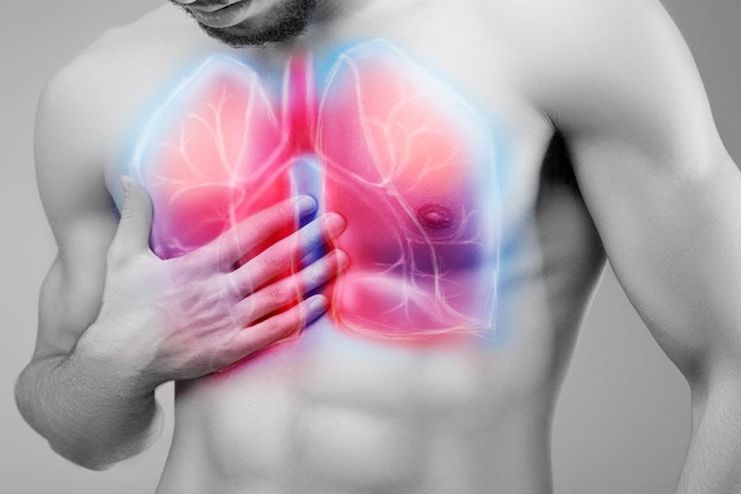

Pneumonia is a form of infection that affects the lungs of an individual. It tends to fill the air sacs with excess fluid, thereby causing inflammation in the lungs because of excess deposition of fluid in the cavity.
If you are wondering what causes it, it can be caused by bacteria, fungi or even virus although the bacteria induced pneumonia is the most common amidst all these three. The pneumonia is a life threatening disease and can affect either one or even both the lungs, depending on the infection and the severity of the condition.
Types and Causes of Pneumonia
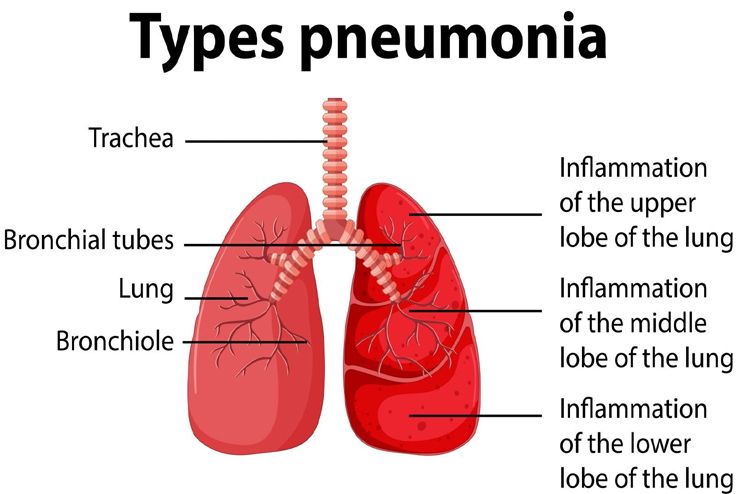

While majority of people unknowing about the causes of pneumonia would, for the most part, only be aware of a few types of pneumonia, it is actually not the case. Pneumonia can be classified into three distinct categories based on the cause of the infection, where it was contracted and lastly, how the infection was contracted.
Let us walk ourselves through the common types of pneumonia, category by category.
Cause of the infection
Bacterial pneumonia
Bacterial pneumonia is one of the most common types of pneumonia that affects people. While the Streptococcus pneumonia is one of the most common causative agents, Chlamydophila pneumonia along with Legionella pneumophila account for the two other pneumonia causes when the vector of the infection is bacteria.
Viral pneumonia
Viral pneumonia is often considered as a milder version of the bacterial pneumonia which doesn’t impose life threatening risks as much as the prior one. Children are often more prone to risks related to the viral pneumonia.
Fungal pneumonia
If you are exposed to soil or even bird droppings for an extended period of time, there are risks of you contracting pneumonia if the fungus inducing the disease is in close proximity. Also, this form of pneumonia often tends to attack people who have a weak immune system and chronic diseases. One of the most common fungal pneumonia is Pneumocystis jirovecii pneumonia (PCP) which is commonly witnessed in people suffering from AIDS.
Mycoplasma pneumonia
If you are confused with the term, mycoplasmas are the kind of organisms which possess properties of both viruses and bacteria alike. It has mild effects on the body and the pneumonia caused by these organisms are not life threatening and affects the children mostly.
Located related category of pneumonia
There are instances when the pneumonia is primarily caused because of the location a person is exposed to. These kinds of pneumonia types include:
Hospital acquired pneumonia (HAP)
As mentioned in the very first paragraph of the article, there are possibilities that one can acquire pneumonia during their hospital visit because of the lingering bacteria and other microbes in the place. This form of pneumonia technically is a lot more life threatening because of the fact that these bacteria tends to be more susceptible and resistant to the antibiotics which results in consistent rise in the infection, thereby increasing the fluid pressure in the lungs.
Community acquired pneumonia (CAP)
This accounts for the kind of pneumonia that one contracts outside of a hospital setting and outside in community.
Category based on how
This type of pneumonia categorises the ones that are depending on how one contract the pneumonia. The common types include:
Aspiration pneumonia
This form of pneumonia is induced when a person inhales any of pneumonia-causing bacteria through their nose from their food, drink or sometimes even saliva.
Ventilator-associated pneumonia
When people contract pneumonia because of the use of a ventilator, the same is categorized as Ventilator associated pneumonia. There is not much evidence to back up the claims as to why the same occurs.
Home Remedies for Pneumonia
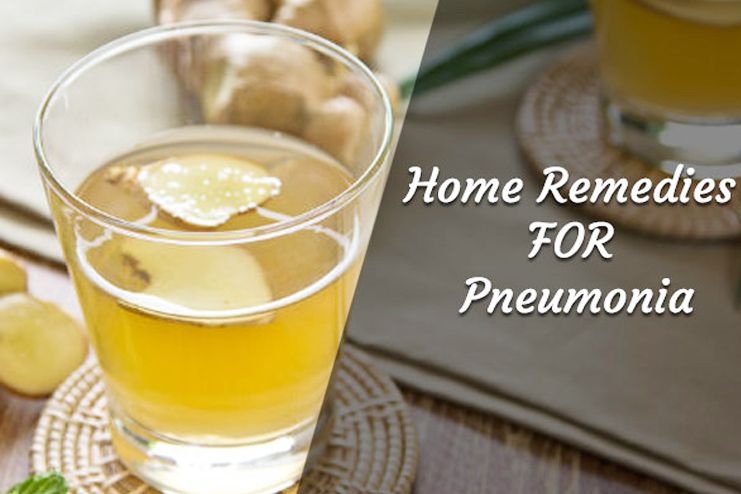

In this section, we are going to be discussing the common home remedies for pneumonia that once can opt for to combat pneumonia. That being said, as the signs, symptoms and infestation of pneumonia is often considered as life-threatening, it is always advised to consult a doctor if the situations deteriorate instead of getting cured.
1. Apple Cider Vinegar to Treat Pneumonia
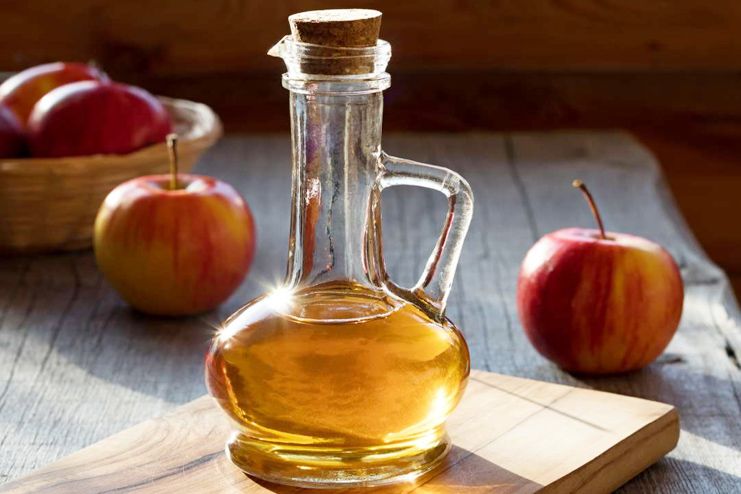

Apple Cider Vinegar is loaded with amazing anti-microbial (R), anti-inflammatory as well as antioxidant properties which work cumulatively for the treatment of pneumonia (R) by killing the causative agents that could necessarily be causing the infection.
What To Do?
- Mix one tablespoon of apple cider vinegar to a glass of water
- Add a teaspoon of honey to it for taste
- Drink this regularly
How often?
Drink this concoction once a day daily.
2. Vitamin C to Treat Pneumonia
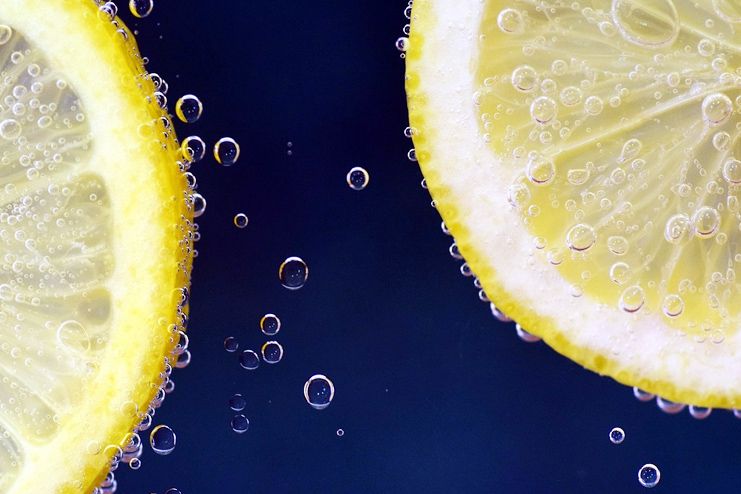
What To Do?
Increase the consumption of fruits or foods that are loaded with Vitamin C, like lemons, oranges, berries etc.
How often?
Try and consume lemon water or orange juice every day for better health and for getting over pneumonia if you are suffering with it.
3. Turmeric to Treat Pneumonia
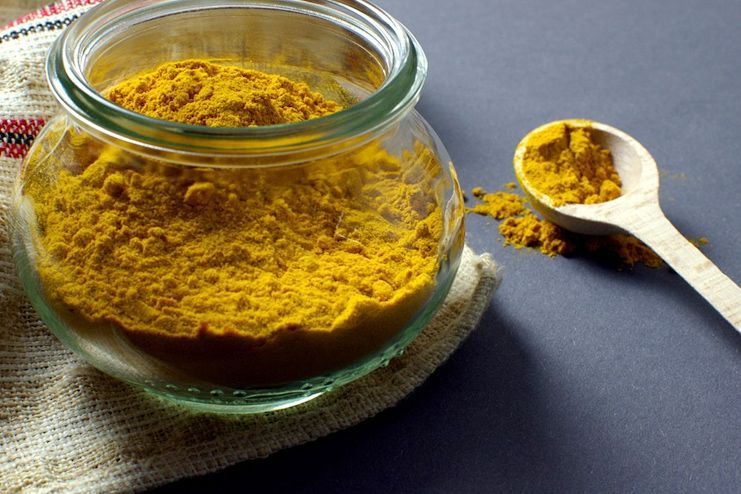
What To Do?
- Mix half a teaspoon of turmeric to a glass of warm milk
- Drink the turmeric milk at ight before bed
How often?
Drink this every day before bed at night.
4. Saltwater gargle to Treat Pneumonia


One of the common symptoms of pneumonia includes vigorous coughing which is definitely something that leaves a scratchy and irritated throat. Salt water gargle mildly helps with the infection but vehemently influences in bettering the condition of the scratchy and painful throat because of the consistent coughing.
What To Do?
- Mix a tablespoon of salt to a glass of warm water
- Gargle with this concoction till you run out of the water
- Wash your mouth cavity with plain water after you are done
How often?
Do this once every day if the coughing is vigorous and persistent.
5. Caffeine to Treat Pneumonia

6. Lukewarm Compress to Treat Pneumonia
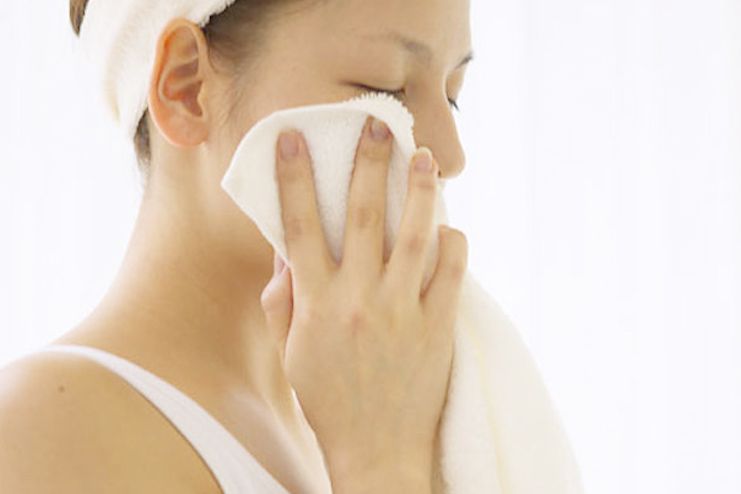

Pneumonia is often accompanied by chills and fevers which contribute to gradual deterioration in the body. Applying a lukewarm compress helps bring down the temperature from the outside in gradually. Many people often think that the direct application of cold compress would be the best option but it tends to impose sudden chills.
What To Do?
- Boil some water to a lukewarm temperature
- Dip a cotton cloth in it and wring out the excess water by squeezing it
- Apply this over your forehead and leave it till it dries out to a cold temperature
- Soak it again in the lukewarm water and reapply the cloth on the forehead
How often?
Do this multiple times throughout the day, making sure that the water is lukewarm throughout.
7. Garlic to Treat Pneumonia
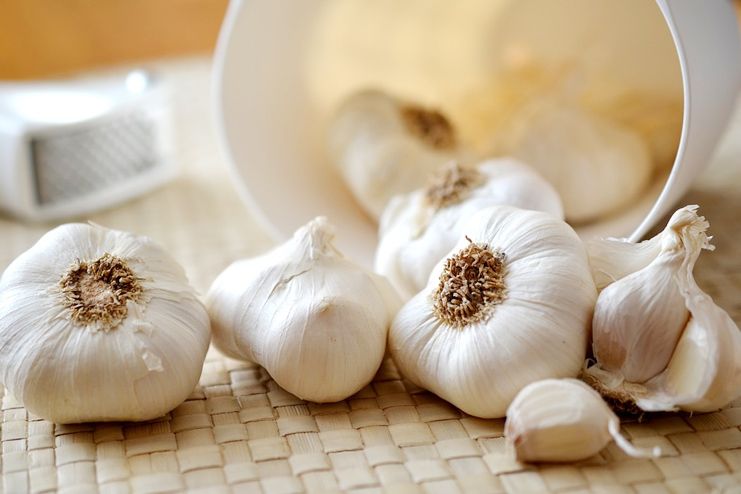
What To Do?
- Chew on 1-2 raw garlic cloves every day
- Increase the addition of garlic in the everyday diet or you can even crush a few cloves of garlic and apply that on your chest
How often?
Consumption of garlic can be done on a daily basis. The topical application can be done every other day for getting over pneumonia.
8. Fenugreek seeds to Treat Pneumonia
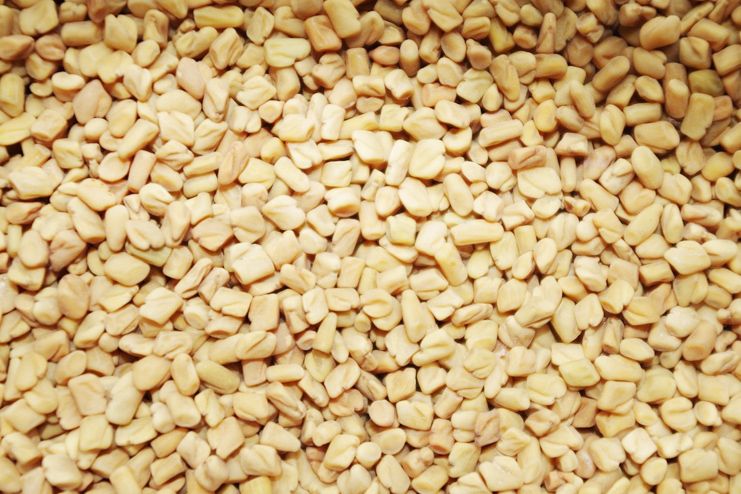
What To Do?
- Boil some water in a pot
- Add a tablespoon of fenugreek seeds to it and let it boil for 10 minutes
- Strain the liquid and drink it just as it is or add some honey for taste
How often?
Drink the fenugreek tea twice or thrice daily.
9. Sesame seeds to Treat Pneumonia
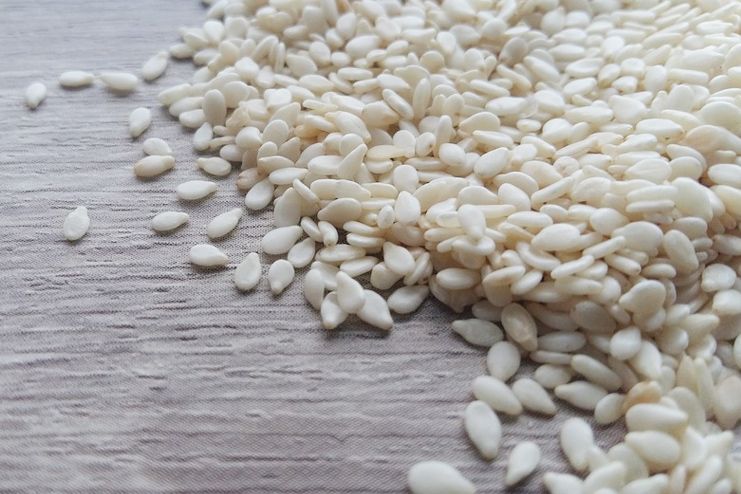
What To Do?
- Boil two cups of water in a pan
- Add a tablespoon of sesame seeds to it and bring it to a boil
- Simmer the concoction for 5 minutes on the stove top to extract all the good
- Strain the liquid and add a pinch of salt and honey to it
- Drink it while it’s warm
How often?
Drink this concoction once every day.
10. Carrots to Treat Pneumonia

What To Do?
- Peel and chop one carrot
- Snack on this to enjoy its amazing benefits
How often?
Eat one carrot every day. Alternatively, you can even enjoy the carrot juice for a similar kind of benefits.
11. Parsnip juice to Treat Pneumonia
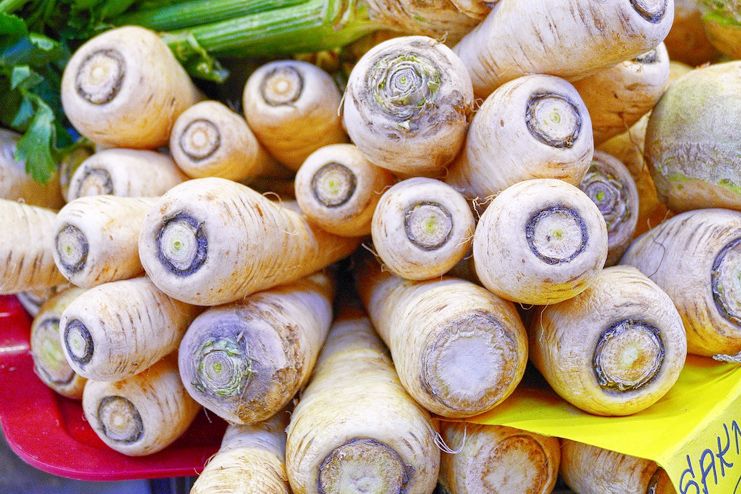
What To Do?
- Extract the juice of a parsnip
- Drink this anytime throughout the day but not more than once
How often?
Once daily.
12. Holy basil leaves to Treat Pneumonia
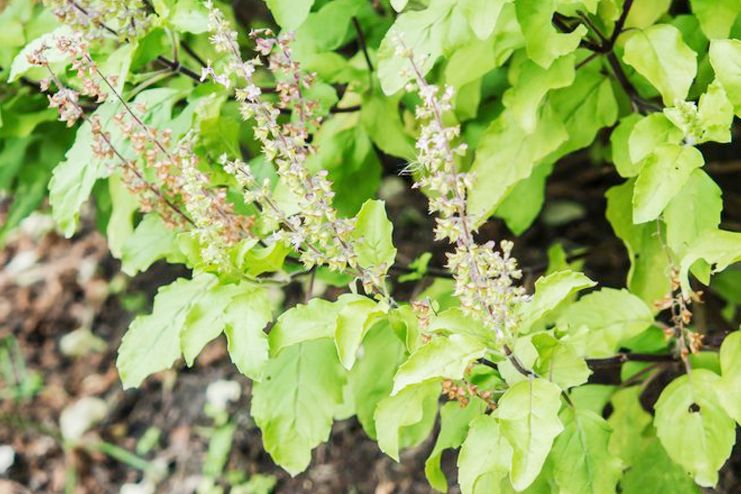

Holy basil is known for its beneficial antibacterial properties which are what plays out its card in the home treatment for pneumonia. This helps get rid of the bacteria (R) that causes the infection in the lungs and chest cavity. The oil from the holy basil has pronounced benefits in not just soothing the sore throat but the overall cure for pneumonia.
What To Do?
- Chew on a few holy basil leaves throughout the day
- You can also indulge yourself with some holy basil (tulsi) tea twice or thrice throughout the day
How often?
Chew on the leaves in the morning with some honey. For the tea, you can consume that twice or even thrice daily.
13. Cayenne pepper to Treat Pneumonia
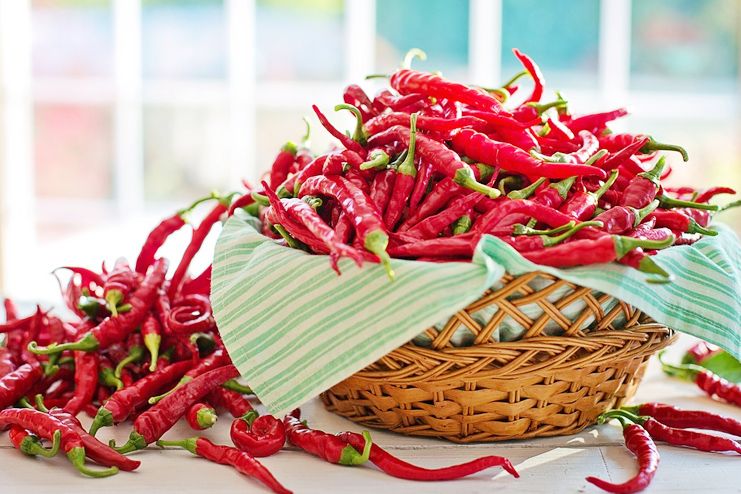
Instead, the capsaicin (R), which is the active ingredient in the cayenne peppers help breakdown the accumulated phlegm and mucus and relieves the congestion, thereby promoting you to breathe a lot better. It acts as an expectorant that helps clear out the cavity of the lungs
What To Do?
- Mix half a teaspoon of cayenne pepper to a glass of water
- Drink this in a go
How often?
Once daily till the congestion in the chest subsides.
14. Vegetable juice to Treat Pneumonia
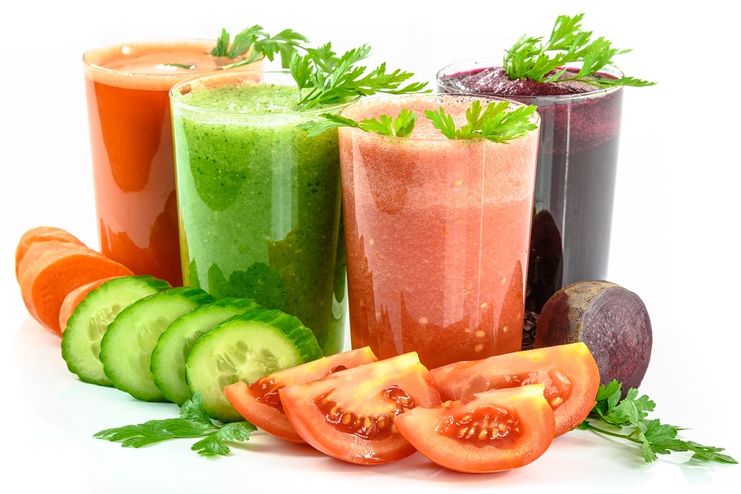
What To Do?
- Extract the juice of any of the above mentioned vegetables
- Drink one glass of the juice every day to boost your overall immunity
How often?
Drink one glass of the juice every day.
15. Honey to Treat Pneumonia
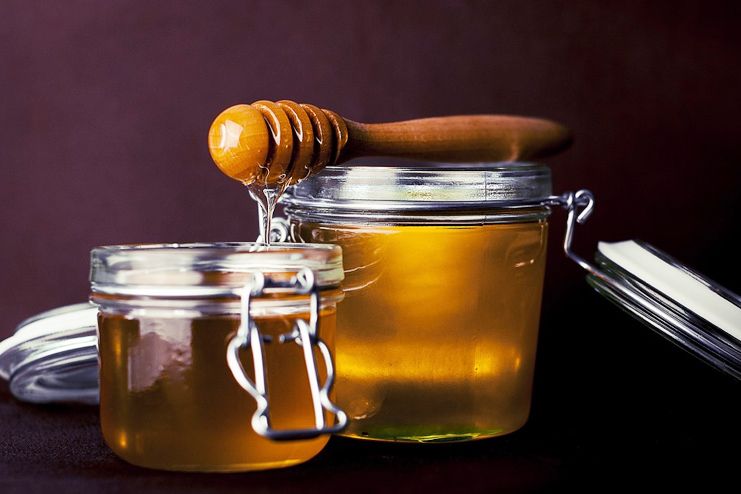
What To Do?
- Mix one teaspoon of honey to a glass of warm water
- Drink this daily
How often?
One to two times daily for treating pneumonia.
16. Steam inhalation to Treat Pneumonia
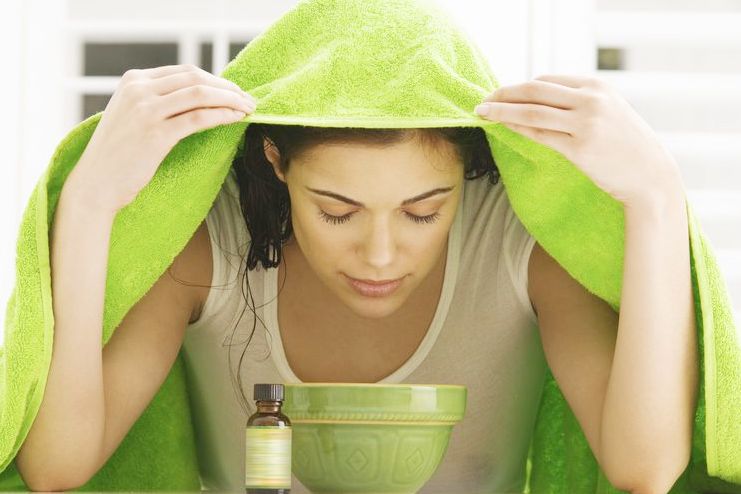

Steam inhalation might not necessarily combat pneumonia directly but it helps curb the signs and symptoms that generally accompany this respiratory disease. The steam helps release the excessive mucus deposition in the lungs and the chest cavity, which, in turn, helps in aiding the process of breathing.
What To Do?
- Boil some water
- Cover your head with a towel and inhale the steam ensuring that the steam doesn’t escape
- Alternatively, you can even buy a steamer to make this process much easier
How often?
Steam inhalation can be done twice daily for beneficial effects to combat pneumonia.
17. Peppermint tea to relieve pneumonia
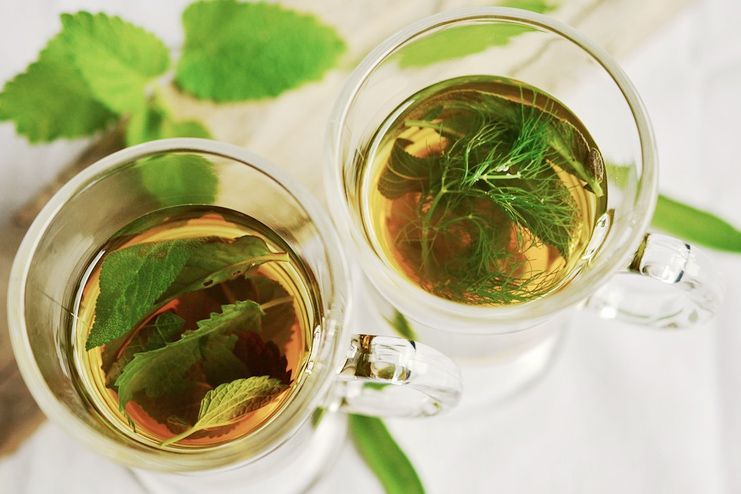
What To Do?
- Boil some water and fill a cup with it
- Steep a peppermint teabag in it for 10 minutes
- Drink this warm
How often?
Two to three cups daily.
18. Ginger tea to Treat Pneumonia
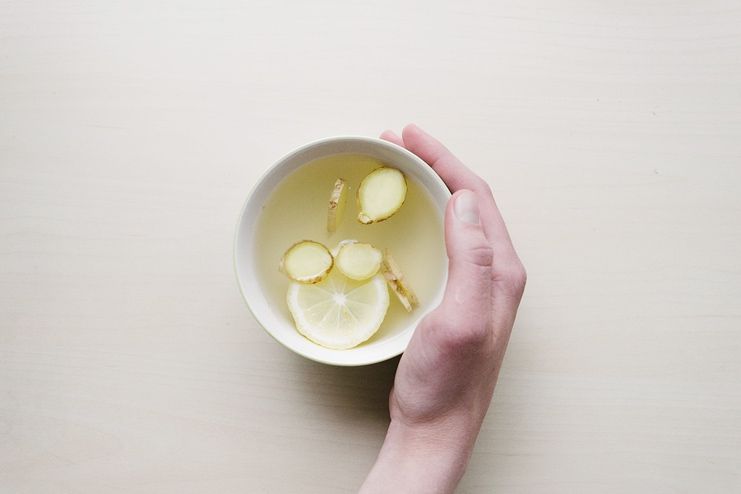
What To Do?
- Chew on an inch of raw ginger
- Alternatively, you can also steep a ginger tea bag in a cup of warm water and drink that
How often?
Drink the ginger tea twice or thrice a day.
19. Dandelion tea to Treat Pneumonia
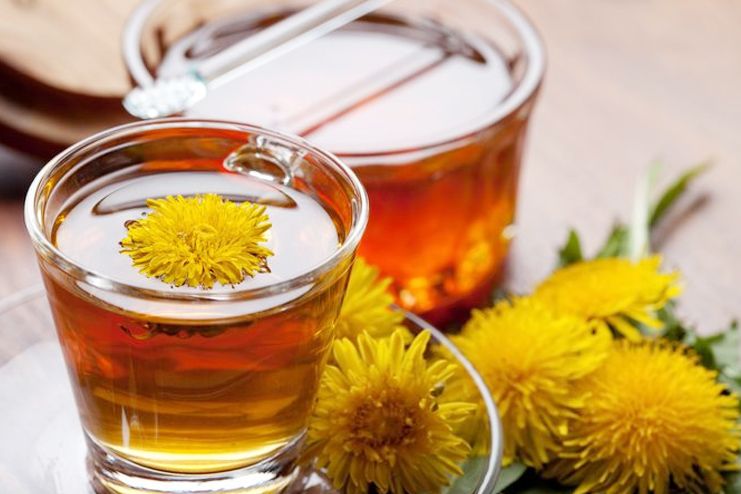

Much like majority of the home treatment for pneumonia, even this has impactful antibiotic and anti-inflammatory properties which act as a natural remedy for curing pneumonia. It helps curb the pain and inflammation that comes along with the infection and also helps killing the bacteria and other microbes that are often behind the infection causing the pneumonia.
What To Do?
- Boil some water in a pot
- Add some dandelion petals, leaves or even the root, whatever is accessible to you
- Let it boil for 5 minutes then let it steep for another 5 minutes
- Strain the liquid and drink it warm
How often?
Drink this concoction once or twice daily
20. Camphor to Treat Pneumonia
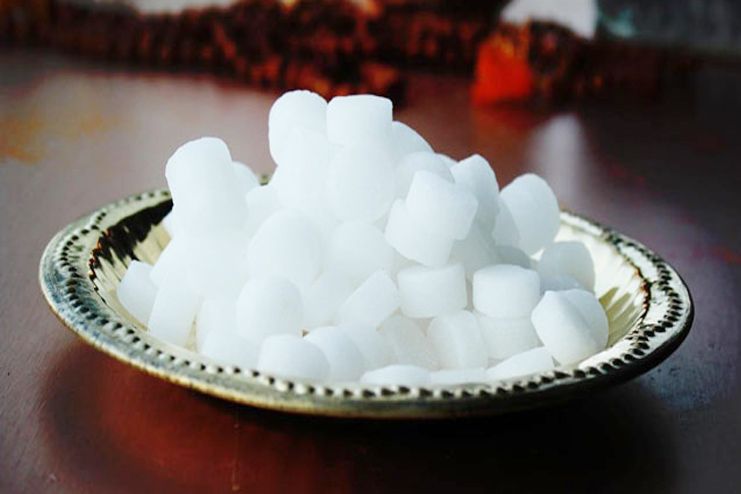

Camphor has an amazing combination of antispectic (R) as well as decongesting properties which play a beneficial role in the pneumonia treatment at home.
What To Do?
- Mix 4-5 drops of camphor oil to any kind of carrier oil
- Gently massage it on your chest and back
How often?
Do this every day before bed at night and let the oil do its magic overnight.
21. Essential oils to Treat Pneumonia
a) Turpentine Oil
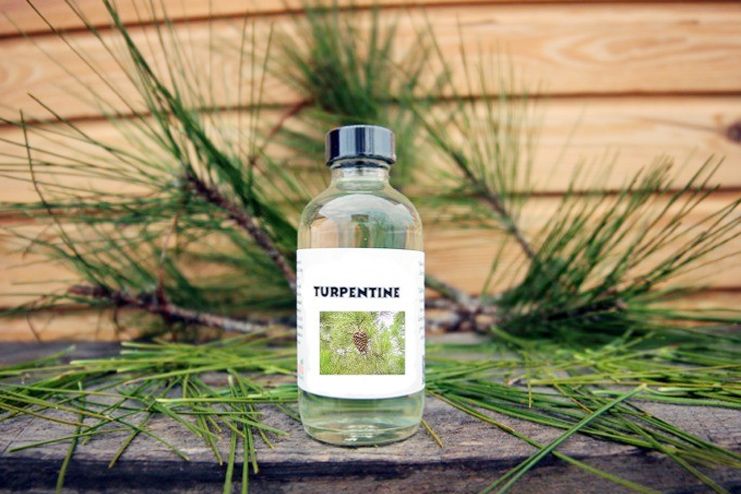

This resinous oil has benefitting effects in getting rid of the accessory signs and symptoms that come with pneumonia. It helps ease the pain in the chest that is primarily caused because of the increased fluid pressure caused by the accumulation of the fluid in the lungs and chest cavity.
What To Do?
Take small amounts of turpentine oil and apply it on the chest. Make sure that they are kept out of reach of the children.
b) Oregano Oil
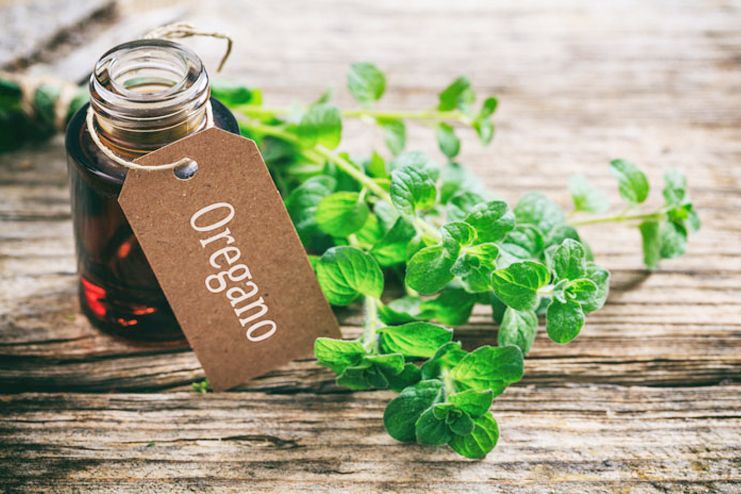

Oregano Oil has noticeable benefits in treating the signs and symptoms that accompany pneumonia. The therapeutic benefits of this essential oil are prominent primarily because of its vivid presence of minerals in it. It is loaded with calcium, manganese, zinc, potassium etc. which all help alleviate the respiratory disease of pneumonia.
What To Do?
- Mix 2-3 drops of oregano oil in a glass of water
- Drink this once daily
How often?
Drink the concoction once daily till the signs and symptoms of pneumonia settle down.
c) Eucalyptus Oil
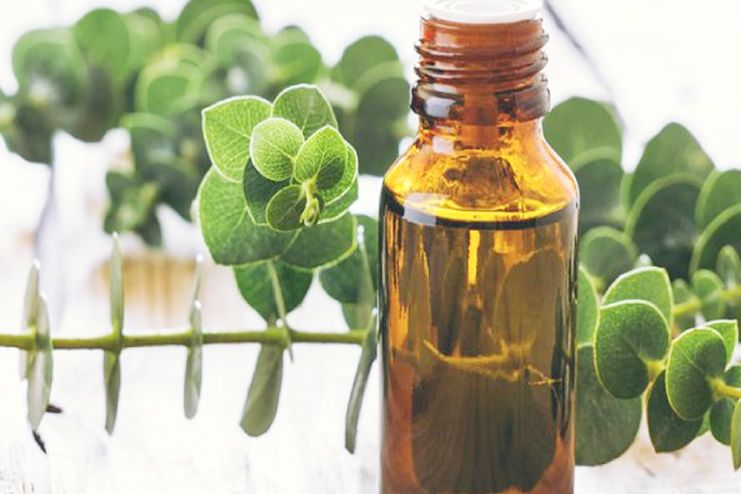

Eucalyptus Oil acts as not just an expectorant but a decongestant as well. This is what helps curb the signs of pneumonia in an individual. If you are feeling like your chest and air passage is getting overwhelmingly congested, just the smell of this oil helps release the mucus layer and provides with relief.
What To Do?
Pour a few drops of the eucalyptus oil in a handkerchief
Inhale the scent of it whenever needed
How often?
Keep the cotton cloth handy with you and inhale whenever you need some decongesting.
22. Herbal remedies for pneumonia
a) Pleurisy root
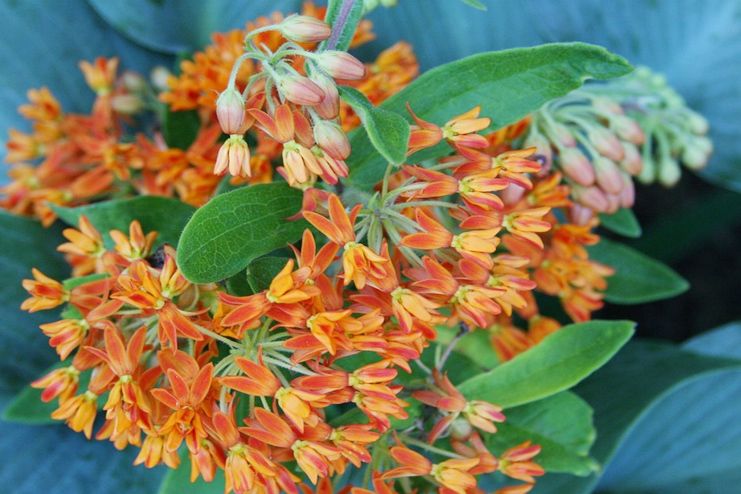

Pleurisy root has beneficial expectorant properties which cumulatively help in relieving the signs and symptoms of pneumonia. It works to help relieve the congestion in the chest effectively without inflicting many side effects.
What To Do?
Since the realm of studies with this herb is not that pronounced, it is always best to consult a doctor before you plan on using it for treating pneumonia.
b) Echinacea
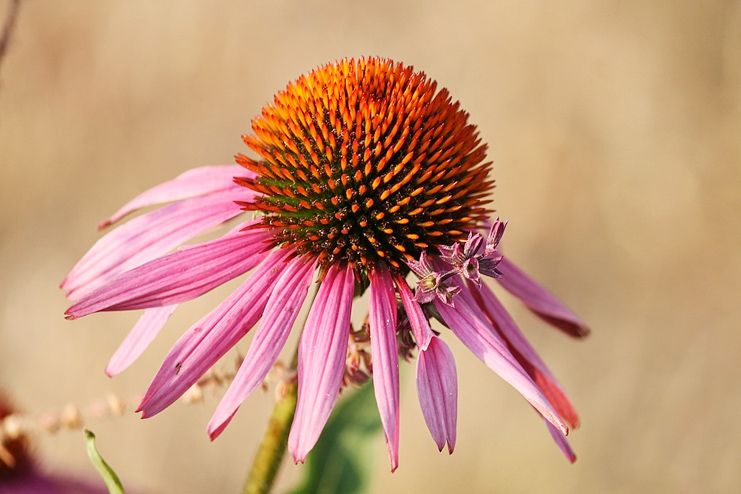
What To Do?
Opt for Echinacea tinctures or capsules. For the dosage, consult a doctor because of the fact that it is a herb that not many people are well versed with.
How often?
Consult a physician for the same as well.
c) Willow Bark
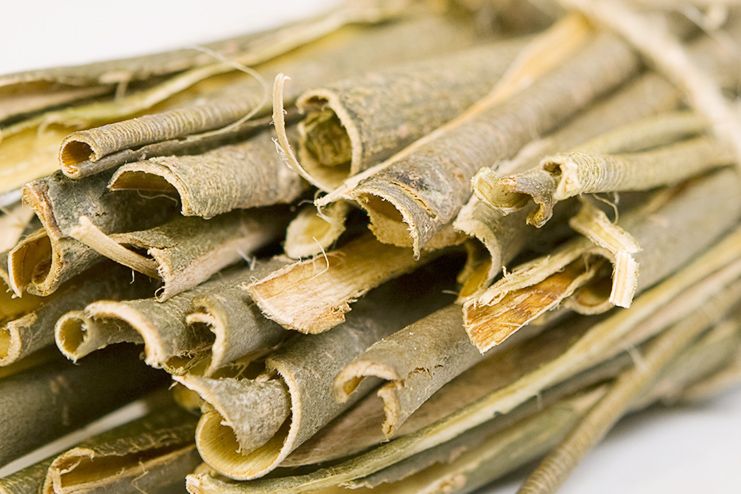

Many people often compare the benefits of willow bark with that green tea because of its vivid presence of polyphenols and flavonoids. These, combined together, have amazing benefits and properties that help heal fever and the related symptoms of pneumonia. It provides with beneficial effects in also boosting one’s immunity, thereby aiding in making the body fight back against the bacterial infestation.
What To Do?
- Boil some water in a pot
- Add a few scrapings of willow bark into it and let it steep for 5-10 minutes
- Strain the liquid and drink it warm
How often?
Once or twice daily.
What are the Signs and Symptoms of Pneumonia?
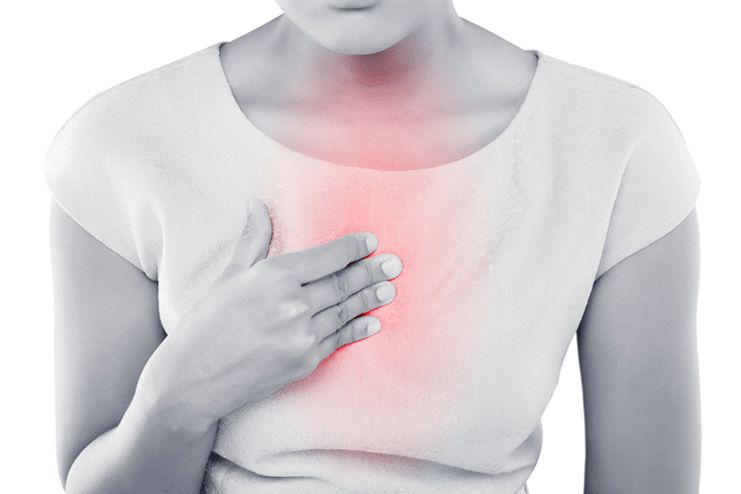

As pneumonia initially bounds off with common fever and cold and cough, it is often times hard to speck out whether or not it actually is pneumonia or just a simple rush of viral fever. Whatever the circumstances are, it is necessary to distinguish the possibility of this disease and actually take the necessary steps to be able to treat this respiratory disease.
Statistics suggest that pneumonia has mild to life threatening impacts which is what makes it an even more serious subject to pay attention to.
In this section, we are going to be discussing the common ground of symptoms that are associated with pneumonia.
Common symptoms of pneumonia
- Coughing that eventually produces phlegm or mucus
- A persistently rising body temperature
- Excessive perspiration followed by chills
- Shortness of breath and ragged breathing
- Pain in the chest as well as the adjoining area
Common symptoms of pneumonia induced by a specific cause
Viral pneumonia specifically showcases its inception by flu-like symptoms. The patient often tends to experience high fever ranging up to 105 degrees as well. The fever tends to last for a time period of 12-36 hours depending on the kind of medicine that is administered.
Bacterial pneumonia, on the other hand, tends to showcase symptoms like bluish tinge on the nails along with signs of confusion in the patient. The patient also experiences profuse sweating with further add to the list of signs and symptoms.
Common symptoms of pneumonia depending on age
Children less that the age of 5 tend to experience ragged breathing followed by difficulty in breathing because of the blocked air passageway.
Infants who contract pneumonia show signs of nausea and constant purging and tend to shy away from food and the whole concept of eating which often results in dehydration as well.
Older people tend to have symptoms of fever and show signs of extreme weakness because of their already feeble immune system being further attacked by the infection that is caused by the pneumonia causing bacteria.
Is Pneumonia contagious?
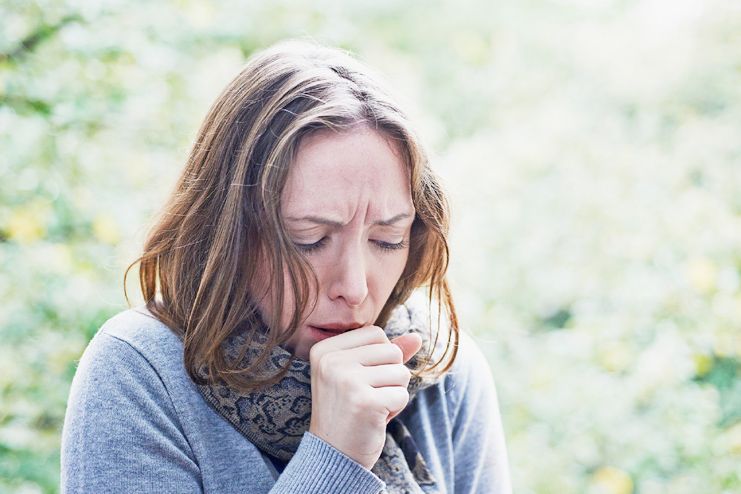
The level of contagiousness of the infection is heftily dependant on the kind of vector that is infecting. While the bacterial pneumonia is the worst in the lot, it is not the one that spreads the fastest. It is rather the virus-borne pneumonia that spreads the fastest.
Bacterial pneumonia is also spread from person to person. It is only the fungal pneumonia which is not transferred from another person and is completely reliant on its transmission from the environmental factors.
How is it spread?
This is yet another important facet of pneumonia transmission that majority of the people tend to miss out on. If you know how the pneumonia is transferred from one person to the other or from one vector to the other, there are possibilities or chances that you would be able to prevent the same by implementing necessary preventive measures.
Some of the basic common grounds of transmission include:
- Coughing or sneezing openly without covering the mouth
- Sharing utensils, dishes or even cups with an infected person unknowingly
- Touching an infected item that could have the germs that cause pneumonia
- Not washing the hands after activities like blowing the nose, playing outside etc.
These are the common grounds of transmission but there are chances that even if you have been exposed to any of these symptoms, you would still not be affected by the virus, bacteria or whatever other vector it is.
Some of the other group of people who always remain at a high risk of contracting the disease include:
- Children under the age of 5
- Old people, especially who have surpassed the age of 65
- People who have a weak immune system, be it because of any kind of auto-immune ystem like HIV or any other disease that leaves one’s immunity in shambles
- Patients of chronic diseases like that of diabetes or even asthma
- People who have been hospitalized can contract pneumonia there as well
- Smokers are also at a high risk of contracting pneumonia
- People who have lung diseases or heart disease
How Long Does it Take For Someone to Contract Pneumonia by Transmission?
There is no hard and fast timeline for how fast the disease is contracted by person to person contact as again, at the end of the day, the same falls down to what the vector is.
If the vector is a virus, chances are that the infestation will take a bit longer because viruses have their specified process of infestation which takes up a good chunk of time. But, even then, bacterial and viral transmission of the infection often tends to take from 3-7 days to actually showcase the symptoms.
How Long Does Pneumonia Last?
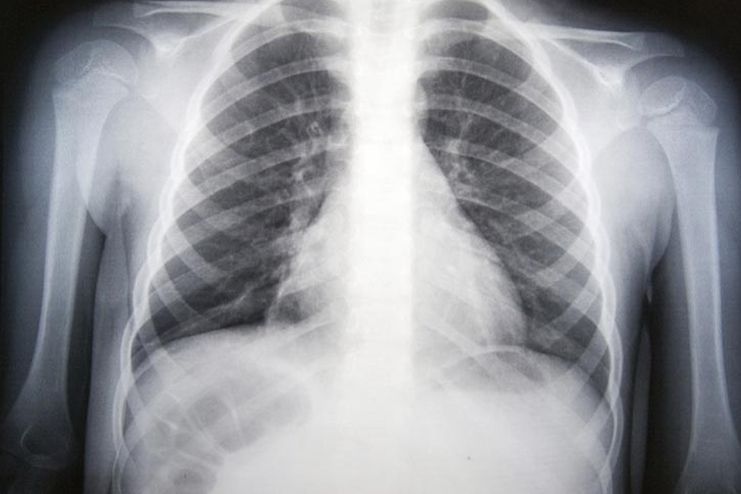
As the lungs are filled with fluid, the healing process of draining out these excess fluid do take up quite a chunk of time in the healing process itself which is why it is necessary to ensure that you seek immediate medical help if you notice symptoms of pneumonia.
So, on a general note, pneumonia and its accessory signs and symptoms last for 2-3 weeks to a month.
How to Prevent Pneumonia?
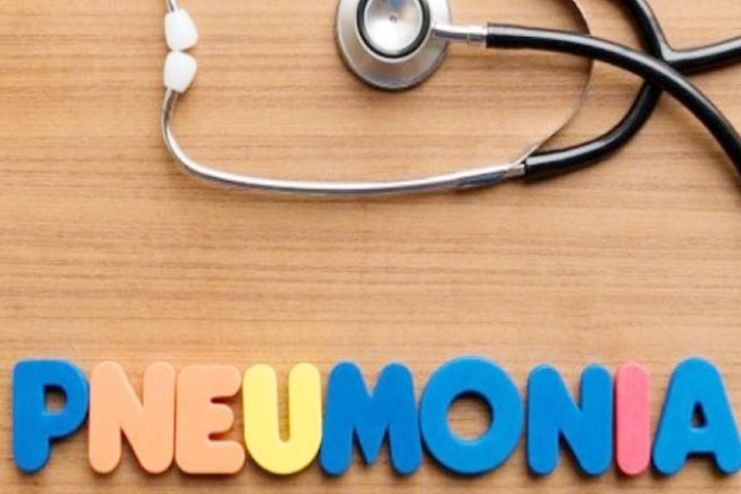

As I have always mentioned, even in my other articles, prevention is always better than cure. Why would one even think of contracting a disease when they could have prevented it in the first place, right?
That being said, now that we are at our penultimate section, I am hoping you are well versed what pneumonia is caused by, right? If you are well aware of that, the preventive tips and tricks don’t take up much of your time.
Some of the common ways to combat pneumonia by prevention include:
- Regularly wash your hands before and eating, after coming from outside or if you are caring for someone who is possibly suffering from pneumonia.
- Vaccinations are the key to a healthy life. They not just prevent the disease in the first place but also help provide with the first line of defense to let the body fight back the possible antigens.
- Let go off the smoking habits if you are into that. Smoking tends to completely hollow one’s lungs and immune system, thereby making harder for them to fight back the pneumonia vectors.
- Try and limit your contact with sick people if not necessary
Food for Thought With Some FAQs
1. Can pneumonia be transmitted by kissing?
A. As pneumonia is a communicable disease that can be passed on to one person from the other, kissing sure does pose as a possible mode of transmission.
2. Can pneumonia come back?
A. Pneumonia is the kind of respiratory disease that depends or rather invests in the human body based on the person’s immunity. If they have a battered immunity and have survived the attack of pneumonia once, chances are that, if exposed to the same vector again, their body might not be able to fight back. So, to answer the question, YES, pneumonia has a good recurrence rate.
Pneumonia poses a great deal of threat one’s life and immunity. If you are wary of the common grounds of causes and symptoms and you are someone who has been experiencing such things, it is necessary to Treat Pneumonia before it takes turn for the worse. We hope this article was helpful enough to guide you through the dos and don’ts when it comes to this dreadful respiratory disease.
































